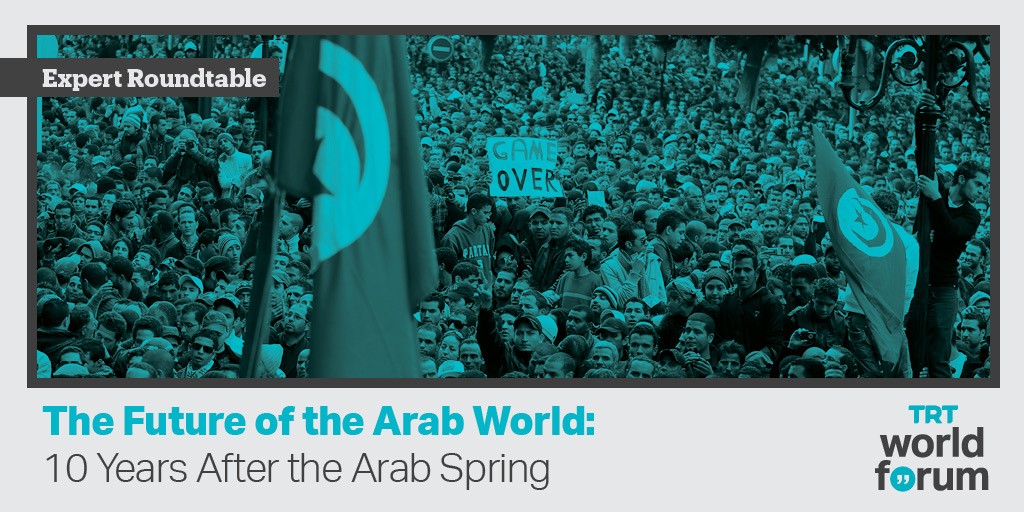As the Middle East approaches 10 years since the uprisings that marked the start of the Arab Spring, the tumultuous decade has left many unanswered questions as to the future of Arab states and societies. Beyond the headline-grabbing uprisings of 2011 which saw protests spread across the region in what many observers and political actors alike interpreted as a broad outcry for political change across Arab societies, the complexities of the grievances and struggles of today’s citizens of Arab states, although largely unchanged from a decade ago, are better seen for their connection with day-to-day life.
Looking a decade back from today a number of key issues stand out that will undoubtedly impact the future of the region. Increasing pauperisation, lack of opportunity for Arab youth, the seemingly perennial issue of corruption, social mobility and change, as well as the ever-present elephant in the room, political legitimacy, all have great potential to cause seriously negative impacts if not properly dealt with. Add to that the ‘brain drain’ facing many Arab states, the foundation needed to build a better future appears to be increasingly shaky.
Although the situation varies from state to state and while hope for a more prosperous and inclusive decade to come remains, many observers and experts have increasingly come to consensus on one key point: that given the balance of power, the objectives of the Arab Spring were bound to encounter significant and perhaps insurmountable obstacles. This session will discuss the future of the Arab world in the context of the legacy the uprisings that shook the region almost a decade ago.
